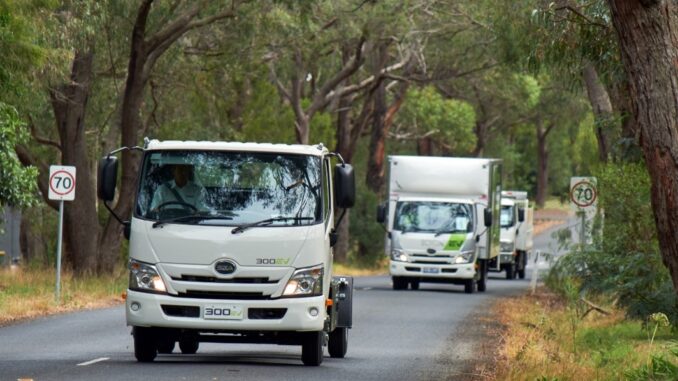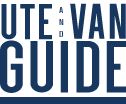
Road freight – Monash University Accident Research Centre (MUARC) and the National Road Safety Partnership Program (NRSPP) are proud to announce the release of the research paper Coronavirus and Road Freight Supply Chains in Australia – Impact and Implications.
In March 2020, Australia faced unprecedented challenges with the onset of the COVID-19 pandemic, leading to disruptions across various sectors, including road freight supply chains. The fear of scarcity triggered panic buying, stockpiling, and shifts in consumer behaviour, profoundly affecting freight distribution patterns.
Co-authored by Dr Sarah Jones, one of Australia’s leading experts in heavy vehicle transport safety and Dr Jennifer Rivera-Gonzalez, a Monash University transport planning and road safety professional, the report looks at understanding the dynamics of supply chains during crises.
“During the first wave of COVID-19, we were faced with the prospect of ‘not having enough’ for the first time since the Second World War. We witnessed significant disruptions in supply chains, leading to panic buying and a surge in online shopping,” said co-author Dr Sarah Jones.
“This research sheds light on the critical role of road freight in maintaining essential supplies and explores the implications of government policies on freight workers and road safety.”
research paper delves into the management of road freight
The research paper delves into the management of road freight and its workers during the crisis, examining the consequences of policy decisions which deemed truck drivers as essential workers. It also raises broader questions about the impact of consumer behaviour shifts and road safety concerns on the road freight sector.
“Road freight has always been critical in Australia because it delivers ‘last mile’ access. It played a crucial role in ensuring the delivery of essential goods during the pandemic, yet its significance remains underexplored,” said co-author Dr Jennifer Rivera-Gonzalez.
“This research provides insight into the challenges faced by the sector, such as the state-based rule-making system when border crossing is essential, and underscores the need for proactive measures to strengthen supply chains in the face of future crises.”
As the world grapples with the ongoing pandemic and potential future crises, the research poses a critical question: Have we learned from the COVID-19 experience?
“We cannot afford to overlook the lessons learned from the COVID-19 pandemic,” said NRSPP Director, Jerome Carslake.
“Australia’s reliance on road freight was heightened during the pandemic due to changes in consumption. As we navigate future challenges, it is imperative to leverage this research to enhance the resilience of road freight supply chains and safeguard the well-being of freight workers.”
The release of Coronavirus and Road Freight Supply Chains in Australia – Impact and Implications marks a significant milestone in understanding the intricacies of supply chain dynamics during crises and underscores the importance of proactive measures to mitigate disruptions.
About the authors
The co-authors of the report were Dr Sarah Jones and Dr Jennifer Rivera-Gonzalez and the report was sponsored by the Monash University Accident Research Centre
Dr Sarah Jones is one of Australia’s leading experts in heavy vehicle transport safety, regulation/governance and compliance. The combination of experience in challenging and complex environments in the public and private sector with creative and strategic thinking skills allows Sarah to identify and create pragmatic solutions to complex issues.
Dr Jennifer Rivera-Gonzalez is a transport planning and road safety professional committed to the implementation of safe and efficient transport systems. An urban innovator with experience in academia, research, government and non-profit sectors, Jennifer recently completed her PhD in road safety and liveability.
